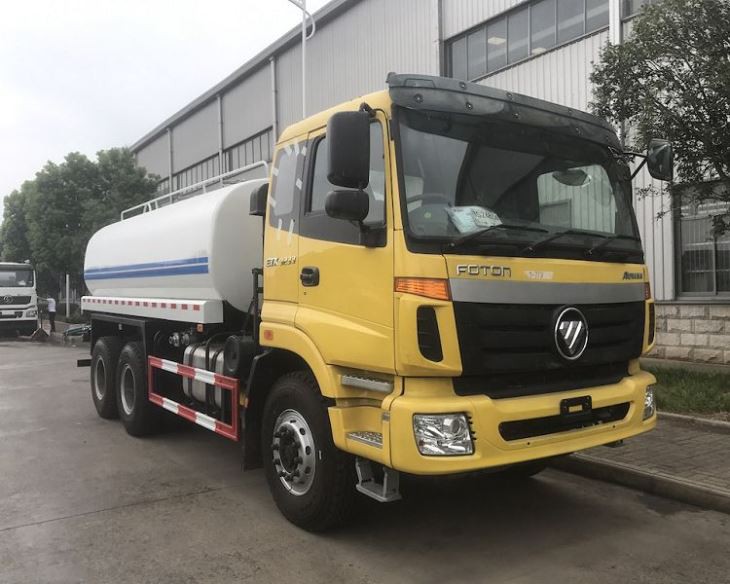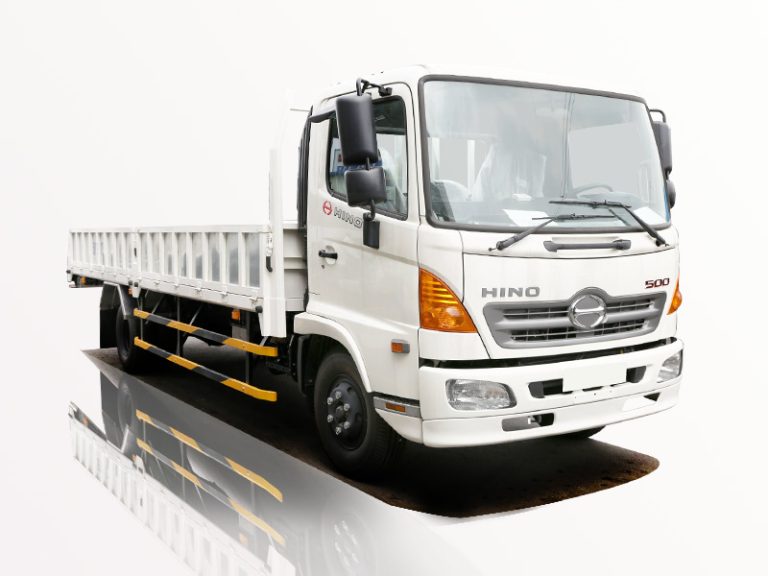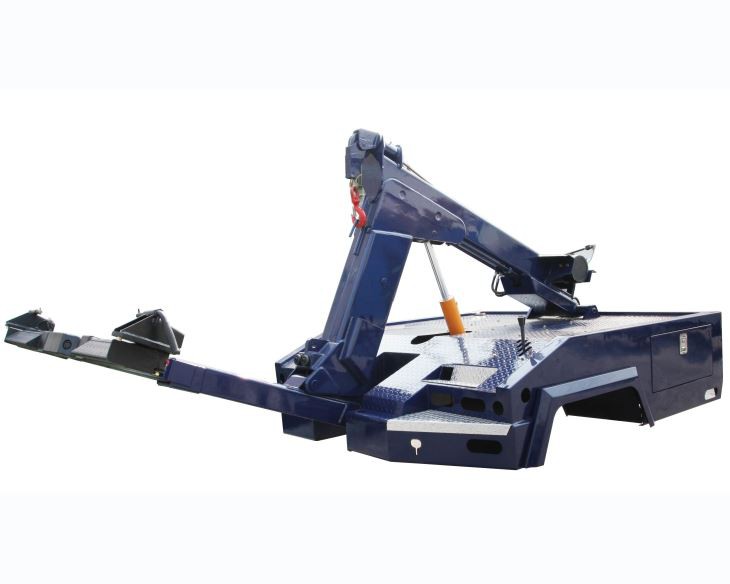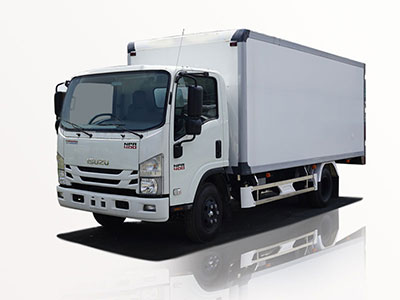Introduction
Aviation fuel trucks, also known as fuel bowsers, are specialized vehicles designed to transport and deliver fuel to aircraft. Ensuring that aircraft receive the correct type and quantity of fuel safely and efficiently is crucial for airport operations. In this article, we will delve into the complexities of aviation fuel trucks, discussing their types, components, safety protocols, maintenance needs, regulations, and their role in the aviation industry. You’ll also find practical examples and tips for effectively managing and using aviation fuel trucks.
What is an Aviation Fuel Truck?
An aviation fuel truck is a mobile fuel delivery vehicle specifically designed for the transfer of aviation fuels, such as Jet A, Jet A-1, or Avgas, to various types of aircraft. These trucks are equipped with specialized pumps, large fuel tanks, and safety features to ensure efficient and safe operations.
Types of Aviation Fuel Trucks
1. Refuelers
Refuelers are the most common type of aviation fuel trucks, designed specifically to deliver fuel to aircraft. They come in various configurations, including:
- Single Point Refuelers: Designed for direct fueling, single point refuelers allow for quick and easy refueling from one inlet on the aircraft.
- Multi-Point Refuelers: Equipped with multiple nozzles, these trucks can refuel several aircraft simultaneously, significantly enhancing operational efficiency.
2. Fuel Tankers
Fuel tankers are larger vehicles that transport bulk fuel to airports or fueling stations. These trucks are usually not directly involved in refueling aircraft but play a crucial role in maintaining fuel supply at airports.
3. Mobile Fueling Units
These smaller units are designed for flexibility and can serve in various locations, often setup to fuel off-site or during emergencies.
Main Components of Aviation Fuel Trucks
1. Fuel Tank
The fuel tank is the primary component, usually constructed from aluminum or stainless steel, ensuring durability and resistance to corrosion. The size of the tank varies depending on the truck type and its intended use.
2. Pumping System
A robust pumping system is essential, usually consisting of centrifugal pumps designed to handle high flow rates while maintaining the integrity of the fuel.
3. Filters and Strainers
Fuel filtration systems are critical for removing contaminants before they enter the aircraft. Effective filters can help prevent fuel-related issues during flight.
4. Fuel Management Systems
Modern aviation fuel trucks come equipped with advanced fuel management systems for monitoring fuel levels, managing distribution, and tracking fuel quality.
5. Safety Systems
Safety is a top priority when dealing with flammable materials. Aviation fuel trucks are outfitted with fire extinguishers, spill kits, and emergency shut-off valves, crucial for addressing safety concerns.
Safety Protocols for Aviation Fuel Trucks
1. Grounding and Bonding
Grounding and bonding procedures must be followed to prevent static electricity buildup during fuel transfer. This is critical in minimizing fire risks.
2. Personal Protective Equipment (PPE)
All personnel operating aviation fuel trucks must wear appropriate PPE, such as gloves, safety glasses, and flame-retardant clothing, to minimize the risk of injury.
3. Regular Training
Regular training sessions should be established for employees to ensure they are well-versed in safety protocols and emergency procedures.
Maintenance of Aviation Fuel Trucks
1. Regular Inspections
Conducting routine inspections of the fuel tank, pump, and hoses is crucial for identifying potential issues before they become serious problems.
2. Fuel Quality Checks
Ensure regular testing of the fuel quality for contaminants such as water, particulate matter, and microorganisms. Keeping fuel clean is vital for safe aircraft operation.
3. Compliance with Regulations
Maintain compliance with local and international regulations regarding fuel storage and transportation to avoid penalties and ensure safety.
Regulations Governing Aviation Fuel Trucks
1. FAA Regulations
The Federal Aviation Administration (FAA) regulates aviation fuel operations in the United States, ensuring safety and efficiency in fuel handling.
2. NFPA Standards
The National Fire Protection Association (NFPA) sets standards for fire safety in aviation fuel handling and storage. Compliance with these standards is critical.
3. International Regulations
Globally, the International Civil Aviation Organization (ICAO) dictates protocols that must be followed by aviation fuel operators to promote uniform safety practices.
The Role of Aviation Fuel Trucks in Airport Operations
1. Ensuring Timeliness
Efficient fuel delivery is crucial for on-time take-offs. Aviation fuel trucks must operate swiftly to support tight schedules.
2. Supporting Diverse Aircraft
Aviation fuel trucks can cater to various aircraft types, offering a range of fuels and refueling methods suitable for all airline needs.
3. Environmental Responsibility
Modern aviation fuel trucks are designed with features to minimize environmental impact, including leak-proof containment systems and cleaner fuel types.
Practical Tips for Managing Aviation Fuel Trucks
1. Keep Detailed Logs
Maintain thorough documentation of all fueling operations, inspections, and training sessions. Proper record-keeping is not only helpful for management purposes but also essential for compliance with regulations.
2. Employ Technology
Utilize technology such as RFID tracking for easy inventory management and to monitor fuel levels in real-time, thus preventing shortages.
3. Foster a Safety Culture
Create an environment where safety is prioritized. Encourage staff to report potential hazards and ensure they feel comfortable doing so.
Frequently Asked Questions about Aviation Fuel Trucks
1. What types of fuel do aviation fuel trucks transport?
Aviation fuel trucks typically transport Jet A, Jet A-1, and Avgas, which are the primary types of fuel used in commercial and private aircraft.
2. How often do aviation fuel trucks require maintenance?
Maintenance schedules can vary, but regular inspections should be conducted at least once a month, with more comprehensive maintenance performed annually or as per manufacturer guidelines.
3. What safety training is necessary for operating aviation fuel trucks?
Operators should undergo training on fuel handling, emergency response protocols, and proper use of PPE to ensure they can work safely and effectively.
4. How do aviation fuel trucks ensure fuel quality?
Aviation fuel trucks use filtration systems, conduct regular fuel quality checks, and follow strict protocols for cleanliness to ensure that the fuel being delivered is of high quality.
5. What regulations apply to aviation fuel trucks?
Aviation fuel trucks are subject to various regulations, including FAA guidelines, NFPA standards, and international regulations from organizations like ICAO.
6. How can airports improve the efficiency of aviation fuel trucks?
Airports can enhance efficiency by employing technology for tracking fuel inventory, training staff regularly, and optimizing fueling procedures to minimize idle times.



